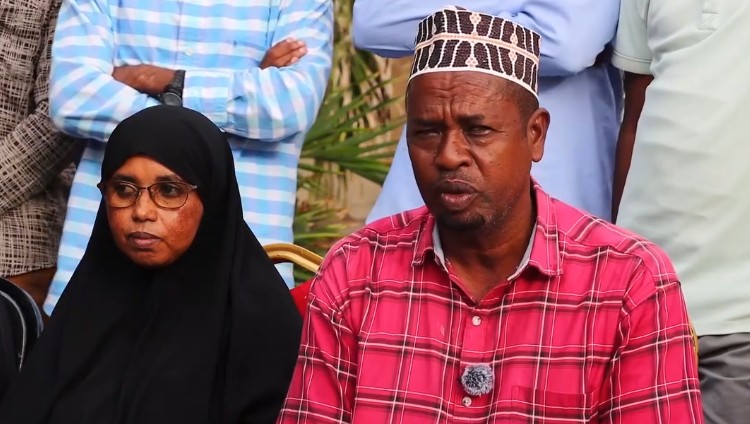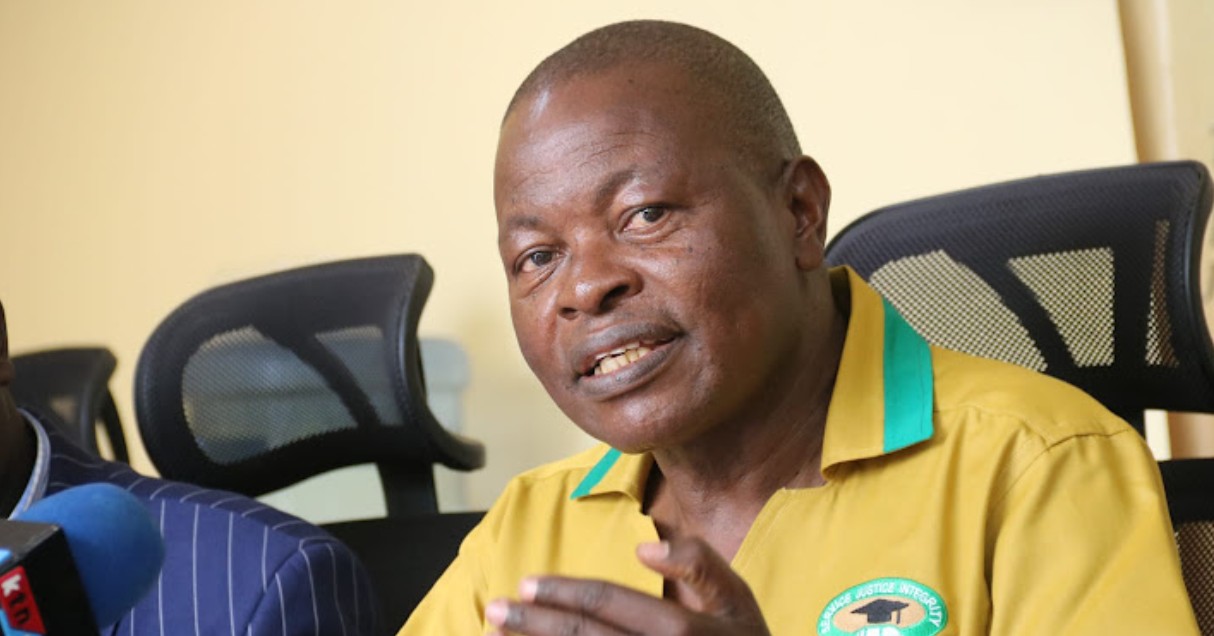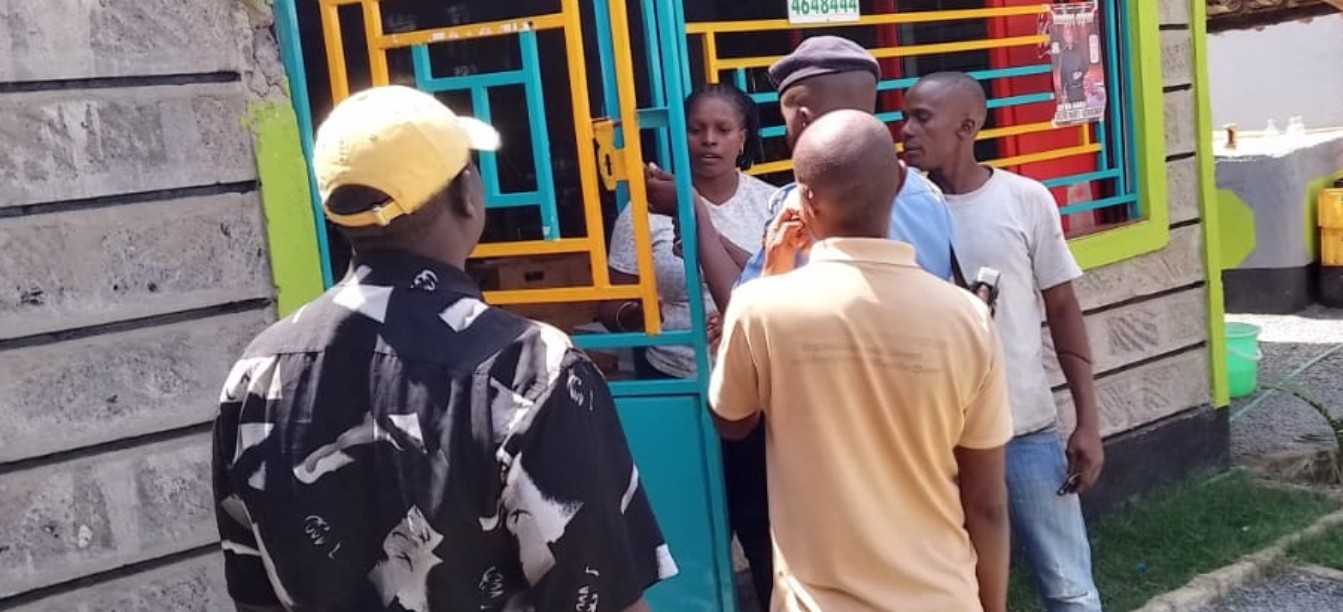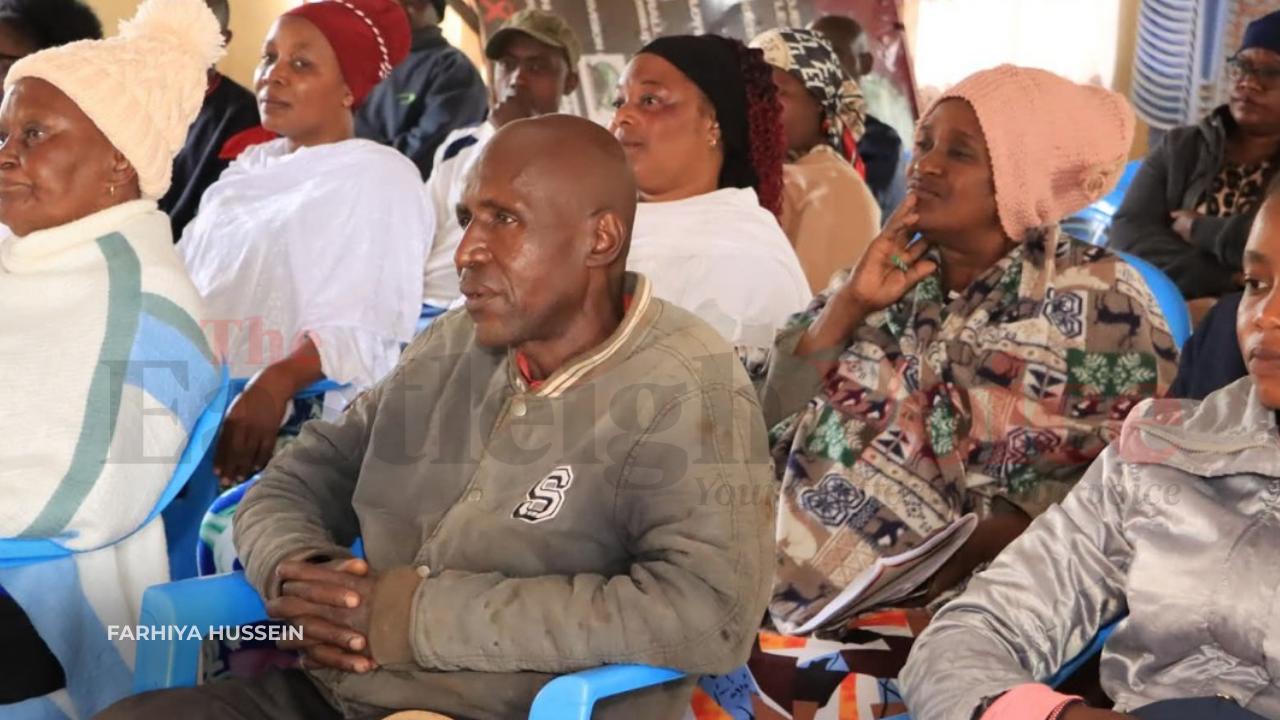Nairobi tops list of counties with skyrocketing pending bills, CoB Nyakang’o calls for action
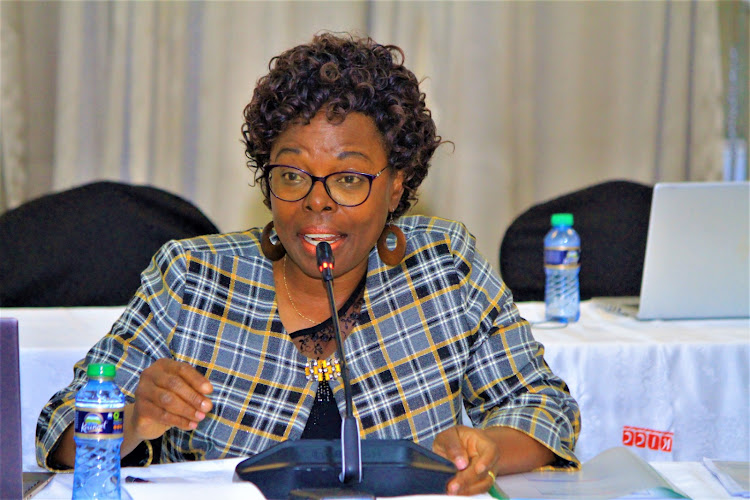
Nairobi Governor Johnson Sakaja is facing scrutiny for a staggering rise in pending bills, which surged by Sh19 billion over the past two years.
A report by the Controller of Budget, Margaret Nyakang’o, has revealed that several counties are struggling with a significant increase in pending bills.
The report specifically targeting governors who took office in 2022 indicates that many of them have not only failed to settle existing debts to contractors and suppliers but have also accumulated new liabilities, exacerbating the financial crisis.
More To Read
- Report reveals State House blew Sh1 billion on local travel in nine months
- Small businesses struggle as government pending bills surge to Sh684 billion
- KeRRA, KeNHA lead in Sh4.1 billion penalties over pending bills as contractors feel the pinch
- Nairobi unveils bold compliance, digitisation drive to fund Sh44.6 billion budget without raising taxes
- City Hall targets unapproved developments in drive to collect Sh5 billion
- Former MCA files petition to impeach Governor Sakaja over gross misconduct, abuse of office
Nairobi Governor Johnson Sakaja is facing scrutiny for a staggering rise in pending bills, which surged by Sh19 billion over the past two years.
Sakaja inherited Sh99 billion in outstanding bills in 2022, and this amount has now ballooned to Sh118.4 billion.
According to Nyakang’o, Nairobi City County currently holds 65.1 per cent of the total pending bills across all 47 counties.
Kiambu County has seen an increase of Sh600 million in pending bills during the same period. Nyakang’o questioned the “can't pay, won't pay” attitude observed among some governors.
Additionally, Mandera Governor Adan Khalif, who began with Sh5 million in pending bills from his predecessor, now faces a debt of Sh2.2 billion.
Similarly, Machakos Governor Wavinya Ndeti has added Sh3.4 billion to the Sh809 million in unpaid bills she inherited.
The report also highlights high levels of pending bills in Mombasa, Bungoma, and Kisumu counties.
In contrast, some counties have shown improvement in revenue collection. Kiambu County, under Governor Wamatangi, increased its revenue to Sh4.6 billion in 2023, up from Sh3.1 billion previously.
Narok Governor Patrick Ole Ntutu achieved 95 per cent of his county’s revenue target, collecting Sh4.7 billion, an increase of Sh3.3 billion.
However, several counties, including Machakos, Mandera, Nyamira, Kajiado, Bungoma, and Busia, have fallen short of their revenue collection targets.
Nyakang’o has urged counties to enhance their own-source revenue collection as a critical measure to address the growing backlog of pending bills.
“Controller of Budget advises county governments to settle the eligible pending bills as a first charge on the budget in line with the law and prepare credible budgets with realistic revenue targets,” reads the report.
The Controller of Budget has cited late submission of financial reports and huge pending bills as among the issues hampering the effective implementation of the budget.
The report comes amidst a government push to clear pending bills that have seen untold suffering to many Kenyans who have their monies stuck, even after taking loans to complete projects.
Top Stories Today




